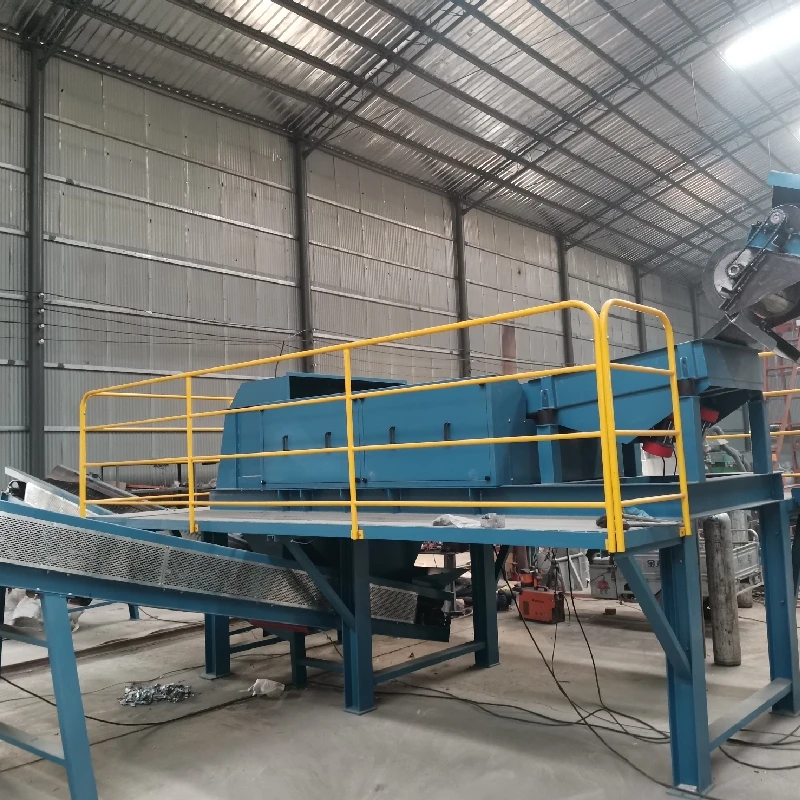

des. . 01, 2024 18:13 Back to list
How to Properly Dispose of E-Waste
In our digital age, electronic devices have become an integral part of our daily lives, from smartphones and laptops to tablets and household appliances. However, as technology evolves, so does the problem of electronic waste, or e-waste. Properly disposing of e-waste is crucial for environmental protection and personal safety. This article outlines effective methods for e-waste disposal and offers tips to help individuals and organizations contribute to a sustainable future.
E-waste is defined as any electronically powered device that has reached the end of its useful life. This includes outdated or broken gadgets such as computers, televisions, printers, and even kitchen appliances. Disposing of e-waste improperly can lead to severe environmental problems, as these devices often contain hazardous substances like lead, mercury, and cadmium, which can leach into the soil and waterways, causing pollution and health hazards.
How to Properly Dispose of E-Waste
Before recycling your electronics, it's essential to prepare them properly. First, back up any important data you may have on the device. Once your data is secured, perform a factory reset to erase any personal information. For those unsure about how to do this, many manufacturers provide detailed instructions on their websites. Additionally, removing batteries from devices is often necessary, as they require separate handling and recycling.

If recycling options are limited in your area, consider donating working electronics to local schools, charities, or community centers. Many organizations welcome the opportunity to use or refurbish old devices, reducing e-waste while aiding those in need. Ensure that the items you donate are in working condition, and remember to wipe data as you would for recycling.
Another option is to participate in e-waste collection events hosted by local governments or environmental organizations. These events provide safe and convenient opportunities for community members to drop off their e-waste for proper disposal. Websites like Earth911.com can help you find upcoming collection events in your area, as well as recycling facilities.
It's also important to educate yourself on the environmental regulations surrounding e-waste disposal in your locality. Some regions have laws that govern how e-waste should be handled, and failure to comply with these regulations can result in fines or legal penalties. Check with your local waste management authority for specific details and resources regarding e-waste disposal in your community.
In conclusion, the proper disposal of e-waste is essential for protecting our environment and preventing health hazards associated with hazardous materials found in electronic devices. By recycling, donating, and participating in community collection events, individuals can make a significant impact. As consumers, we bear the responsibility to ensure that our discarded electronics do not contribute to pollution and waste. By taking proactive steps in e-waste management, we can help create a healthier planet for future generations.
Latest news
The Future of Metal Recycling: Revolutionizing Waste Management
NewsMay.14,2025
Optimizing Waste with Recycling Lines
NewsMay.14,2025
Municipal Solid Waste Sorting Line: Revolutionizing Waste Management
NewsMay.14,2025
Metal Shredders: Essential Tools for Efficient Recycling
NewsMay.14,2025
Maximize Your Profits with a Copper Wire Granulator
NewsMay.14,2025
Home Metal Shredder: A Smart Choice for Your Home Recycling Needs
NewsMay.14,2025